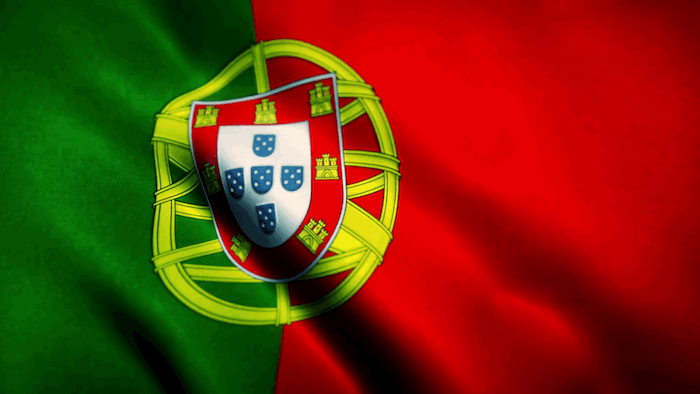More than 40 Portuguese hemp stakeholders have signed an open letter to the government requesting resumption of hemp licensing after permitting was halted at the beginning of 2019.
The industry pushback comes after Portugal’s Ministry of Agriculture issued a clarification in January making all hemp related authorizations subject to review by INFARMED, the Portuguese Health Regulator which has authority over pharmaceutical products and controlled substances. The changes, in effect, mean hemp farmers undergo a licensing regimen as strict as that under which medical cannabis licenses are obtained in Portugal.
Licensing on hold
As a result of the changes, hemp growing permits previously provided by the government’s Food and Veterinary General Directorate (DGAV), are currently not available. In the last two years, farmers could get licenses by providing DGAV with their Land Parcel Identification and estimated dates for seeding and harvesting.
“When I first started, we didn’t need to deal with INFARMED to grow hemp. We just needed to buy certified seeds below 0,2% THC and get the verification from DGAV,” said hemp farmer Miguel Negrão, a founder at Cannacasa, a hemp industry association.
The stakeholders’ letter to the government specifically calls for the immediate issuing of permits for the 2019 growing season based on last year’s licensing rules – or “at least the issuance of provisional permits for 2019, allowing the farmers to plan for the season and procure and protect their and their clients’ interests.”
New medical cannabis law
The Portuguese government approved a new medical cannabis law last summer that established rules up and down the sector value chain; regulations addressed cultivation, production, extraction and commercial manufacture, as well as wholesale, distribution to pharmacies, import and export, transit and sales.
Hemp farmers saw the new law — though not directly related to hemp — as helping to set the stage for a clear legal situation for all cannabis operations. But the DGAV stopped issuing hemp licenses upon approval of the medical cannabis law, identifying Cannabis sativa L. as equivalent to a controlled substance and therefore under the jurisdiction of INFARMED.
No barriers?
Meanwhile a Jan. 30, 2019 clarification from Ministry of Agriculture Cabinet that had been requested by leftist deputies Moisés Ferreira and Carlos Matias on the part of hemp farmers indicated “there are no barriers for the production of industrial hemp in Portugal.”
Quite the opposite has proven the case as for the farmers: What looked like a light at the end of the tunnel has only turned into doubts about how to start the 2019 growing season amid the current regulatory confusion.
Pushing higher THC levels
Asking the government “to support the hemp industry by liberalizing the industrial uses of the plant without any restrictions,” the signatories to the letter also called for raising the allowable THC level in hemp to “0.3%, similar to Canada, or even up to 0.6% . . . to enable Portuguese farmers to stay competitive in the developing world market.”
THC levels allowable in industrial hemp are creeping upward around the world, and are an important strategic battleground in the ongoing efforts of nation-states to cash in on the global hemp boom driven by CBD. While the rules EU-wide are not clearly defined, European nations generally follow a 0.2% THC standard.
Little response
So far the Portuguese stakeholders’ letter has gotten scant response from the government.
“None of the government agencies seem to have the slightest interest in working with the hemp community,” said Jürgen Simon, President at LusiCanna, a hemp producers cooperative.
He said stakeholders are still awaiting answers from questions sent to regional agricultural institutions, which are obliged to respond.
“The only agency that even responded was DGAV and they could not tell us who is in charge of drafting the missing legislation” to clarify the hemp situation, Simon said, suggesting all stakeholders should have a voice in determining rational hemp regulations for Portugal.
“I called for a joint meeting with INFARMED and DGAV several times and got no response whatsoever,” Simon said.
“We need to call everyone to discuss this – the farmers, the producers, the transformers, the retail operators,” said Humberto Nogueira, a consultant and hemp farmer.
“They are confusing medical cannabis with hemp, and we need to be in that discussion to clarify and help unlock this industry,” said Nogueira. Hemp regulations, he added, shouldn’t be written by the same industry that regulates medical cannabis.”
Reporting: João Costa

